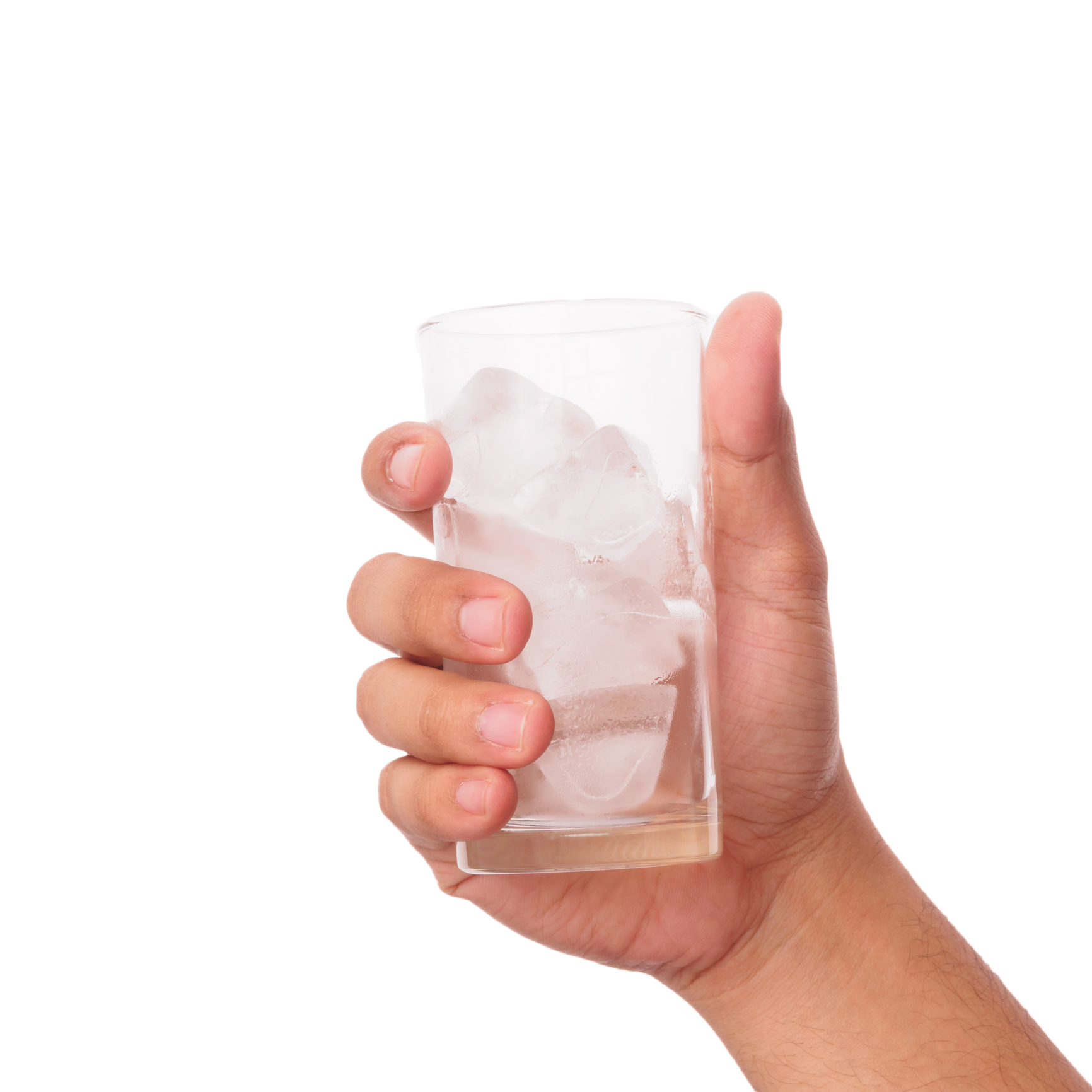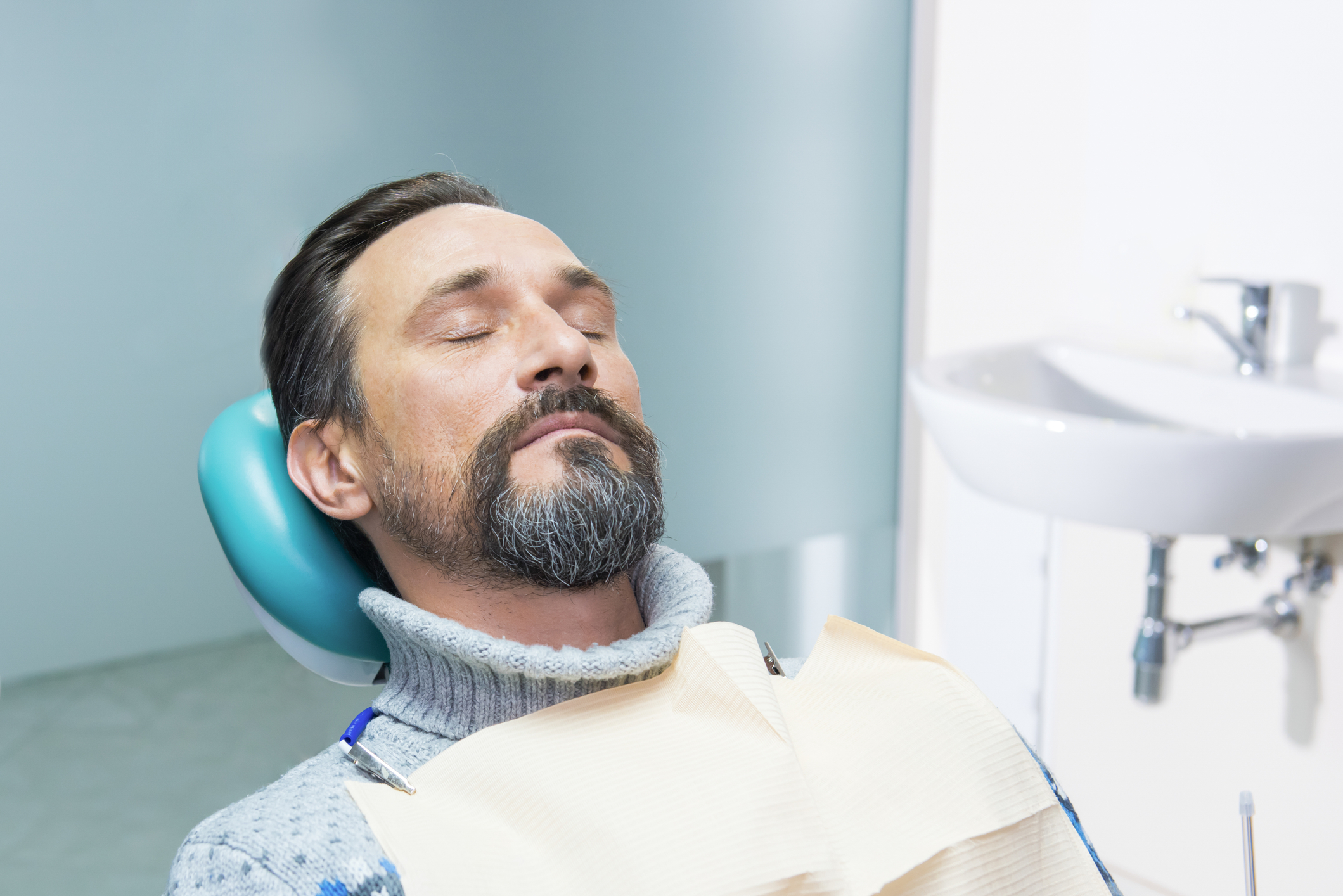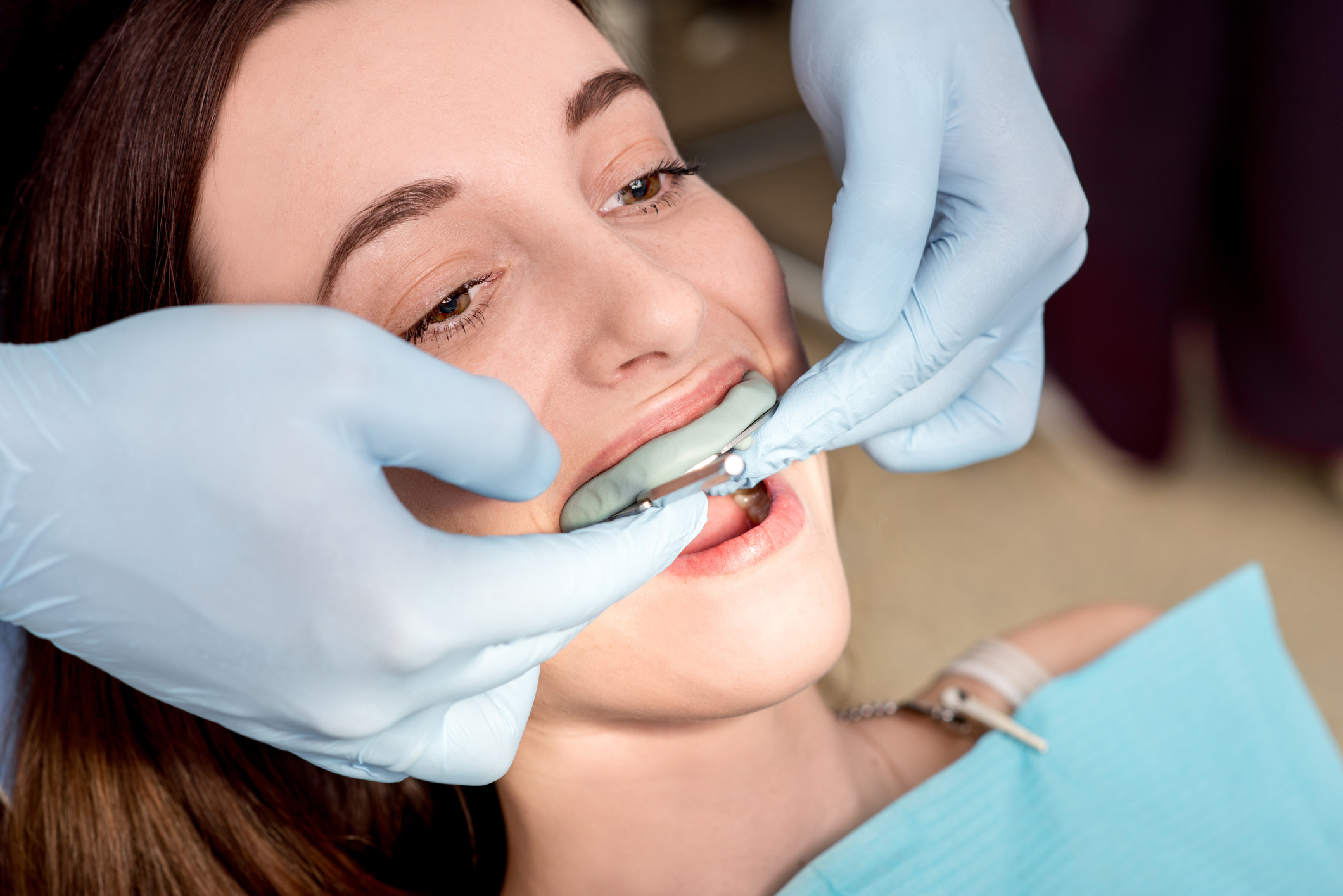10 Daily Tips To Improve Overall Oral Health
Good oral health is directly related to a person’s overall health. When an individual takes proper care of their teeth, they take good care of their future health as well. Periodontal disease, gum disease, and other oral health issues are directly related to the onset of health problems such as diabetes, stroke, heart disease, cancer and more. Anyone looking to decrease their chances of being diagnosed with life-changing health problems later in life must make it a point to care for their oral health now. Read on for pointers on how to improve your overall oral health and keep your smile clean and white.
Visit The Dentist

Most forget about the dentist appointments they make without a second thought if there is nothing obviously wrong with their oral health. Cleaning teeth at home is essential, but it is not entirely effective. This means making it a routine to visit the dentist every six months for a necessary cleaning, as a thorough cleaning requires the help of professional tools to get the kind of clean the teeth need to remain healthy. Visiting the dentist regularly also allows for an expert to catch any oral issues early, when they are less painful and easier to treat.
Listen To The Dentist

A dentist knows all of the proper advice and recommendations to ensure optimal oral health. Therefore, it is imperative to listen to their recommendations on how to care for one's mouth, how to go about cleaning teeth more efficiently, and how to maintain good oral health. Oral health is not just about how the teeth appear; it is about how healthy a smile truly is on the inside. If an individual's smile is pretty on the surface, but unhealthy inside the mouth, it means nothing in the long run. Listening to the dentist is imperative to the development and maintenance of a healthier, prettier smile and more beneficial oral habits.
Change Bad Habits

Bad habits are hard to break, but it is something one must do when they are dealing with their overall good oral health. Bad habits, such as biting the fingernails, causes serious damage not only to the hands but also to the teeth. Teeth are not meant to withstand the damage of nail-biting, and most individuals have no idea just how many bacteria they are introducing to their mouths when they bite their nails. Hands are dirty, and a patient should make it their priority to quit this nasty habit in order to ensure optimal oral health.
Floss Daily

Daily flossing is time-consuming, but it is vital to keep teeth clean and cavity-free. A toothbrush alone is not capable of reaching all the difficult areas of the mouth, as it is unable to get into the cracks between teeth as effectively as dental floss. A dentist will always know when a patient is lying about their flossing habits, as it is obvious when someone is neglecting the areas between the teeth. There is a noticeable buildup of bacteria and plaque between the teeth that is quite obvious to the trained eye when it is not removed regularly. Daily flossing will aid in the fight against this buildup, preventing gingivitis and associated oral issues, while promoting positive oral health.
Replace The Toothbrush

A toothbrush has a typical shelf-life of three months before it becomes warped and unclean. Those individuals who brush too hard or use their toothbrush more often than twice a day, may not even get this much time with their brush before it is necessary to replace. Toothbrushes lose their ability to get into those hard-to-reach locations, and they end up with bacteria and other germs as well. If patients are not replacing their toothbrushes regularly, they are recommended to start immediately, as the general rule of thumb is three months to ensure the promotion of good oral health.
Brush For Two Minutes

A dentist's general rule for ensuring proper daily cleaning is to brush for at least two full minutes, twice daily. It takes at least this long to see clean results from a brushing session, and there is a reason for that. Each section of the tooth requires approximately thirty seconds of efficient brushing to be properly cleaned, and there are four sections in a patients mouth. If someone is in a hurry and only brushing for a few seconds through their entire mouth, they are not brushing long enough to improve even their breath, let alone getting an efficient clean. Committing two minutes a day is a small price to pay to ensure overall good oral health and minimizing the risk of painful and unsightly cavities.
Learn To Brush Correctly

Brushing too hard, too soft, not in the right direction, and so many other factors affect the cleanliness of the mouth more than most individuals imagine. A dentist knows the most efficient way to brush the teeth, and that is not something that can be altered if a patient wants to maintain their healthy smile. When a patient fails to brush correctly, they miss vital spots on the teeth and do not get their teeth nearly as clean as they should be to ensure the prevention of dental issues like cavities and gingivitis. There is a specific way in which brushing is most beneficial; first, hold the toothbrush at a forty-five-degree angle along the gumline. Start by brushing the inside of each tooth on the top and bottom using a back and forth technique, followed by the outer surface on both top and bottom, then brush the chewing surface (or top) of the teeth. To minimize bad breath and bacteria, it is recommended that patients finish their routine by brushing their tongue and thoroughly rinsing.
Say No To Ice

One of the most damaging things to do to one's teeth is chewing ice. Although it is tempting, and many do not even realize they are doing such damage, the effects of eating ice are prevalent to a dental professional upon inspection. Ice is undoubtedly hard; thus it is not good for teeth for obvious reasons. Breaking down ice using one's teeth can cause the surface to crack and break, wearing down the enamel and making the tooth more susceptible to further damage, like cavities. Eating ice can also ruin fillings inside the mouth, as ice causes the filling to expand, shortening its lifespan and increasing sensitivity. Other risks associated with chewing ice include damaged gums, cracked teeth, headaches, toothaches, soreness in the jaw and brain freezes. For some, chewing on ice is a sign of greater, possibly underlying, health problems such as anemia caused by an iron deficiency in the bloodstream. It is imperative that those who are addicted to eating ice (a condition called pagophagia) seek the guidance of a medical professional.
Drink In Moderation

Health professionals recommend drinking alcohol in moderation. Medically, it is considered safe to have one drink per day for women and two per men, based on the average size and health of today's general public. There is also valid argument that one glass of wine a day can be good for the heart, but problems arise when one glass a day turns into two or three. Alcohol contributes to an influx of bacteria causing plaque to form on the teeth, and this is not directly related to sugary beverages. Chronic or heavy drinkers are thought to have poorer overall oral health as well as overall health when compared to non-drinkers. Because of this, drinking alcohol in moderation is not only good for an individuals overall bodily health, but also for their oral health.
Stop Smoking

Smoking is among the smelliest and most unhealthy habits, both overall and orally. The tobacco found in cigarettes has been proven to be among the most damaging things one can introduce into their mouth, and the support for these claims is unwavering. The primary concern is overall health, as smoking is a leading cause of throat, lung, tongue and various other cancers. What many fail to realize is just how much oral health is affected by smoking; it not only causes apparent tooth discoloration, it also wears away at the enamel, can permanently change a person’s breath and leads to multiple oral-related cancers and diseases.
Call The Dentist

When a patient experiences pain or notices a change in their tooth appearance and placement, they sometimes avoid calling the dentist for fear of the results. That, or they do not want to spend the money or the time going to the office to be assessed and risk having further, expensive dental work done. By ignoring the initial signs of dental problems, the patient is at risk of causing further harm to their oral health. If there are obvious signs of a problem, the best thing to do is to call the dentist and make an appointment immediately, as catching dental issues before they become a real problem will ensure that one is maintaining positive oral health.
Protect Teeth

Playing sports, either professionally or recreationally, puts a patient at risk for additional oral issues. It is imperative that these individuals keep their teeth and mouth protected from impact from another player or a ball when they are on the field. Sports and other activities that require ample time making contact with people or objects have the potential to damage teeth significantly, and mouth guards are a helpful preventative measure. A dentist wants to see all patients involved in contact sports or other activities protect their teeth, so they are not required to fix the problems caused by a lack of care. Mouth guards are readily available in many stores, and custom guards are easily obtainable through a dentist.
Eat Well

A healthy diet is essential for excellent oral health, but it is the most commonly forgotten factor in achieving and maintaining a beautiful smile. Brushing alone is not enough to keep teeth healthy and white, but the combination of daily oral hygiene and the consumption of healthy foods. By consuming mouth-healthy foods such as kiwi (for vitamin C), cheese (for calcium), celery (for neutralizing bacteria) and and shiitake mushrooms (for lentinan that fights plaque bacteria). Eating the proper diet is essential, as well as consuming enough water and avoiding sugary drinks that break down the teeth at a faster rate. Sodas and juices are among the worst choices for those focusing on positive oral health.
Spend More Time In The Sun

The sun is an excellent source of natural vitamin D. Vitamin D plays a crucial role in the regulation of both calcium and phosphorus levels in the bloodstream, which are two incredibly important factors in the development and maintenance of strong, healthy bones. Since teeth are bones, they too are reliant on ample sunshine to remain healthy and bright. If an individual lacks vitamin D, they are at risk of developing a calcium deficiency, which attributes to overall poor oral health in the way of underdeveloped teeth, decay and gum diseases like gingivitis. In more severe cases, calcium deficiency can result in periodontal disease, which affects not only the gums but the periodontal ligaments and alveolar bones of teeth as well. In order to ensure proper exposure to vitamin D, a patient should consider spending time outdoors regularly, taking supplements, and consuming foods that are high in vitamin D such as cheese, fatty fish, egg yolk and certain vitamin D fortified orange juices and cereals.
Seek Help For Grinding

Grinding teeth is a common factor that is detrimental to one's oral health. Many do not even realize that they are participating in this habit, especially those who only grind in their sleep. Grinding teeth is most commonly a result of stress, anxiety, or an improper bite alignment. In many cases, patients are unaware they grind their teeth until it is heard by a loved one or mentioned by a dental professional. When sleep grinding, the jaw exerts three to ten times more force than when chewing and breaking down food. When eating, part of the force is absorbed by the food a person is chewing, creating a buffer and lessening the amount of force on the teeth. However, when grinding in the absence of food, the teeth are required to take the entire force of the jaw. This contributes to the wearing down of tooth enamel, making teeth more susceptible to damage. In more severe cases, a patient has ground through the upper enamel and exposed the layer of dentin, which leads to an increase in sensitivity and further tooth decay. A properly molded mouth guard is an essential prevention tool that should be worn nightly for those who grind their teeth.
